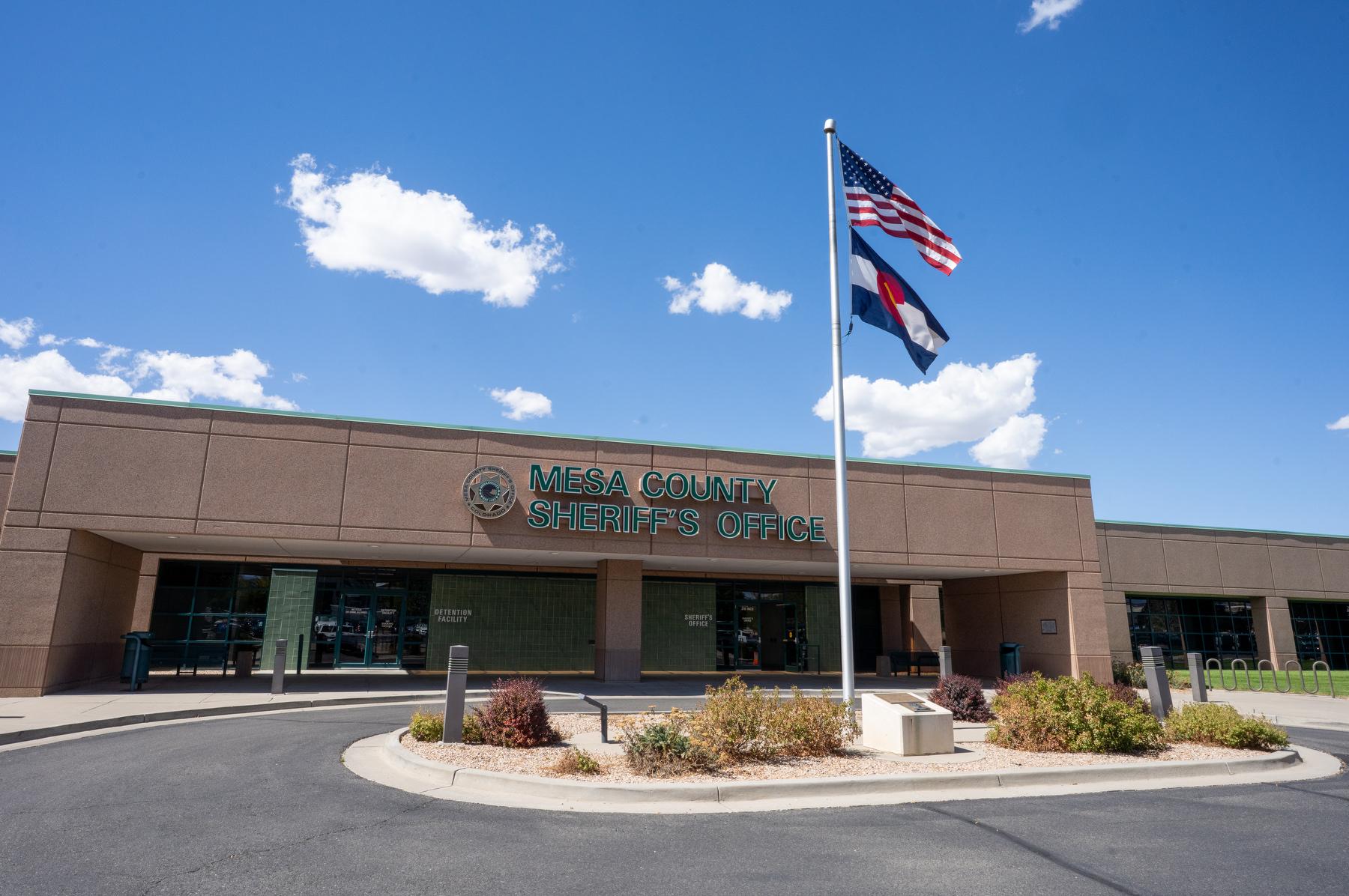
The state of Colorado is asking that a lawsuit filed against the state by Mesa County be dismissed, the latest in a back-and-forth exchange that began with a traffic stop in Western Colorado that led to a 19-year-old college student’s detainment by immigration authorities.
Mesa County filed the suit in federal court, arguing that state laws that limit the information local law enforcement shares with immigration authorities are unconstitutional. That came after an investigation into the Mesa County Sheriff’s Office after one of their then-deputies passed along information about a college student who was later detained by immigration officials.
The state eventually dropped its lawsuit against that deputy after he resigned from the sheriff’s office, but Mesa County’s challenge remained. In a response filed Thursday, the state argued that none of the county’s claims warranted a legal review, specifically noting that Mesa County had already been party to a failed lawsuit challenging the state’s laws against sharing immigration information.
“Mesa County sued to challenge those laws, but its case was dismissed because it lacked standing. The County is back, this time funding litigation by three County employees, purportedly in their individual capacities,” the filing argues, referring to the three Mesa County Sheriff’s Office employees who are named as plaintiffs. “The County’s attempt to plead around its earlier loss is unavailing.”
The county’s argument in their legal challenge included claims that the state law was too vague to be interpreted by law enforcement and could create issues where law enforcement would not know what information could and could not be shared with federal partners. The state countered those claims, saying they relied on hypothetical scenarios.
“Emphasizing the lack of an actual case or controversy, Plaintiffs identify a list of hypothetical questions for which they seek advisory opinions,” the state argued.
The level of abstraction in Mesa County’s claim, attorneys for the state said, makes the case unfit for judicial review. At several points in the 35-page filing, the state points to specific carve-outs in the law in question that address concerns raised by Mesa County. They also reject the county’s argument that limiting an officer from sharing information with federal agents would somehow be a violation of that officer’s First Amendment right to free speech. The state claims that the argument does not hold for public employees working in their official capacity, who can be asked to withhold information for a variety of reasons.
“Accepting Plaintiffs’ assertions would implicate scores of laws that protect confidential information collected by the government, such as prohibiting sharing sensitive details from an ongoing criminal investigation or sharing crime victims’ personal information. There is no basis to claim such laws impinge on public employees’ free speech rights,” the state writes.
Another of Mesa County’s claims against the state law aligned with a similar argument made by the federal government in a lawsuit against the city of Denver and Colorado. That case seeks to argue that the state laws interfere with federal government actions and are therefore unconstitutional.
In their response, attorneys for the state say that the argument relies on an “erroneous reading” of the statute “that has been rejected by every court.”









